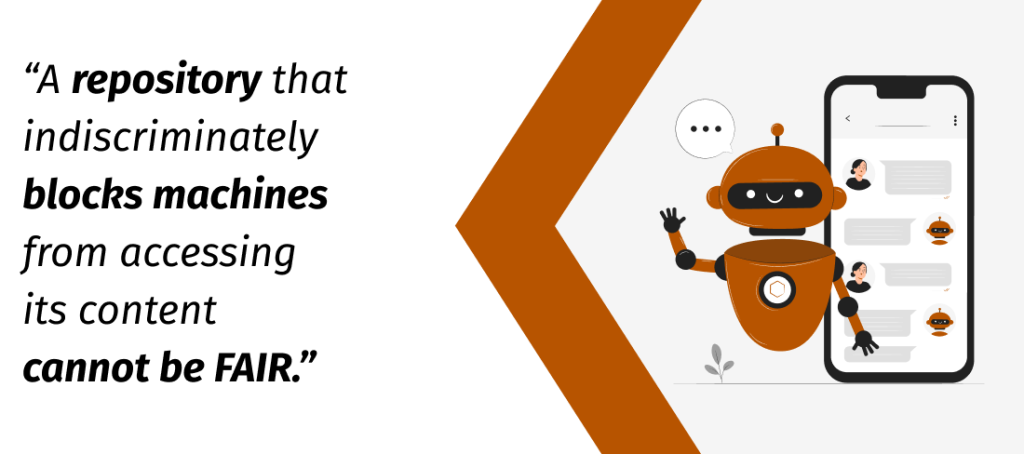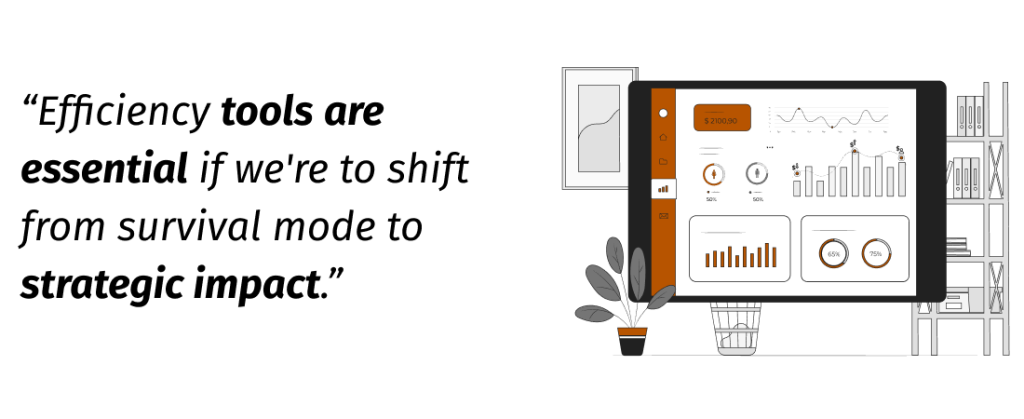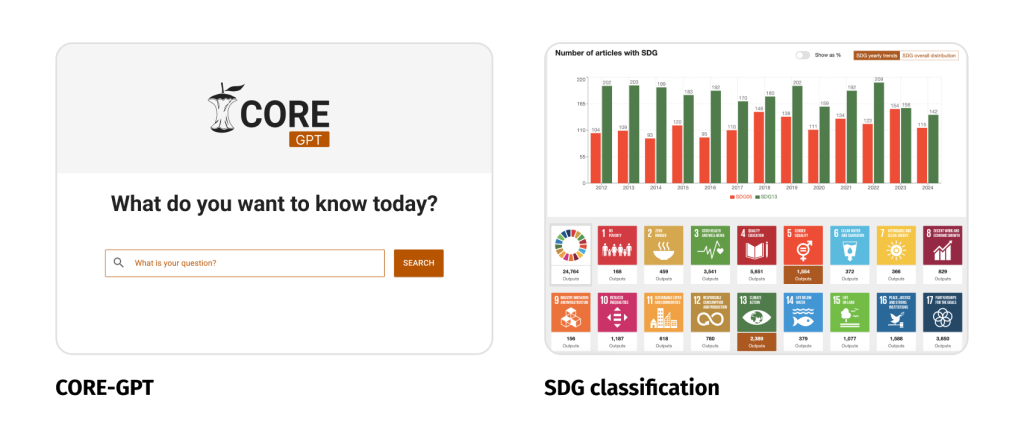The COAR Annual Conference 2025, held in Tokyo from 12–14 May, brought together repository experts, open science advocates, and infrastructure leaders from across the globe. Representing CORE was Professor Petr Knoth, who contributed to three sessions throughout the event, each addressing urgent and emerging questions around artificial intelligence, machine access, and repository infrastructure.
This blog captures the key moments from CORE’s participation at COAR 2025, touching on discussions about responsible machine behaviour, the current state of UK repositories, and the transformative potential of AI in scholarly communication.
Highlights
Day 1: Managing Machine Access in the Age of Generative AI
The conference began with a panel session exploring how repository infrastructures are interacting with increasingly complex network services, particularly those driven by artificial intelligence. Professor Petr Knoth joined Paul Walk (Antleaf) and Lautaro Matas (LA Referencia) for a conversation that focused on a topic CORE has been closely involved in over the past year: the rise of AI bots and their impact on open repositories.
In his presentation, Professor Knoth addressed a growing concern shared by many in the repository community. As large language models continue to rely heavily on open access content for training and retrieval-augmented generation, repositories are experiencing surges in automated traffic often without warning, and with significant implications for infrastructure stability. While these machine interactions align with the broad goals of open science, the practical consequences can be disruptive.
Drawing on insights from CORE’s Board of Supporters and a community-wide survey, Professor Knoth spoke to the challenges of managing this machine access in ways that are both responsible and sustainable. The message was not that AI bots are inherently harmful but that, without shared guidance, repositories are left to navigate this space alone, often forced to choose between openness and self-preservation.
He outlined several areas where progress is needed, including clearer technical standards, better identification of automated agents, and the possibility of a community-led bot registry. Importantly, he cautioned against blanket blocking measures, which can undermine the FAIR principles that underpin repository best practice. Instead, the goal should be to create tools and frameworks that allow repositories to remain accessible, discoverable, and resilient even in an environment shaped increasingly by machine users.
As he put it, “Repositories shouldn’t block machine access but they do need support, standards, and smarter protocols to manage it responsibly.

Day 2: Global Perspectives on Open Science – A UK Snapshot
The second day of COAR 2025 turned the spotlight on national and regional experiences with open science policy and infrastructure. Moderated by Kathleen Shearer (COAR) and Kazutsuna Yamaji (NII), the session brought together speakers from Latin America, Africa, India, Canada, the EU and the UK.
Representing the UK, Professor Knoth presented alongside UKCORR colleagues Leigh Stork and Thom Blake. Together, they offered a candid look at the current state of the UK repository landscape, one defined as much by its resilience as by its challenges.
While the UK has long-standing policy frameworks such as the UKRI open access policy, these mandates are being implemented in an increasingly difficult environment. Universities and research institutions are facing serious financial pressures. Repository teams, in many cases, are stretched thin, with reduced staff and limited capacity for strategic development.
The presentation highlighted a shift that many will recognise: innovation has taken a back seat to compliance. And without a change in funding, that trend is likely to continue. CORE’s contribution to the discussion focused on the tools and services developed to help ease that burden from metadata enrichment and version detection, to automated support for open access compliance workflows, improved metadata quality, and services designed to help repositories monitor, manage, and respond to machine access responsibly.These services are part of CORE’s ongoing collaboration with UK repositories through its national indexing and membership programme.
Findings from a recent survey, conducted by CORE as part of its ongoing engagement with the UK repositories community, reinforced the need for continued investment in efficiency tools that reduce manual effort and allow repository managers to focus less on survival and more on long-term impact. Even in the face of underfunding, there’s a strong appetite for smarter solutions and shared infrastructure that can support UK repositories to keep pace with international developments.

Day 3: Reimagining the Repository- What AI Could Make Possible
The final day of the conference invited participants to look ahead. In a session that embraced more exploratory thinking, Professor Knoth joined Martin Klein to present on the role AI could play in reshaping repository workflows and, by extension, how research is discovered, explored, and understood.
The presentation focused on work currently underway at CORE, where experimental tools are being developed and tested to enhance how users interact with repository content. One of the key demonstrations was CORE-GPT, an early-stage tool designed to support question-based exploration of full-text content, a significant departure from traditional keyword-based discovery.
The session also introduced a range of other capabilities: AI-generated metadata aligned with FAIR principles, multilingual content summaries, automatic SDG classification, image descriptions, and even citation intent detection. Together, these tools aim to make repository content more accessible, more navigable, and ultimately more useful to a wider range of users.

These workflows are already in testing but scaling them up raises a new set of challenges. There are questions about the compute resources required, how to involve humans in the loop responsibly, and what kinds of legal or ethical frameworks will be needed to support long-term use.
Still, the potential is undeniable. As Professor Knoth framed it, if the community can align around shared models and standards, the combination of open access and AI could unlock a new phase in scholarly communication, one that is richer, faster, and more inclusive.
